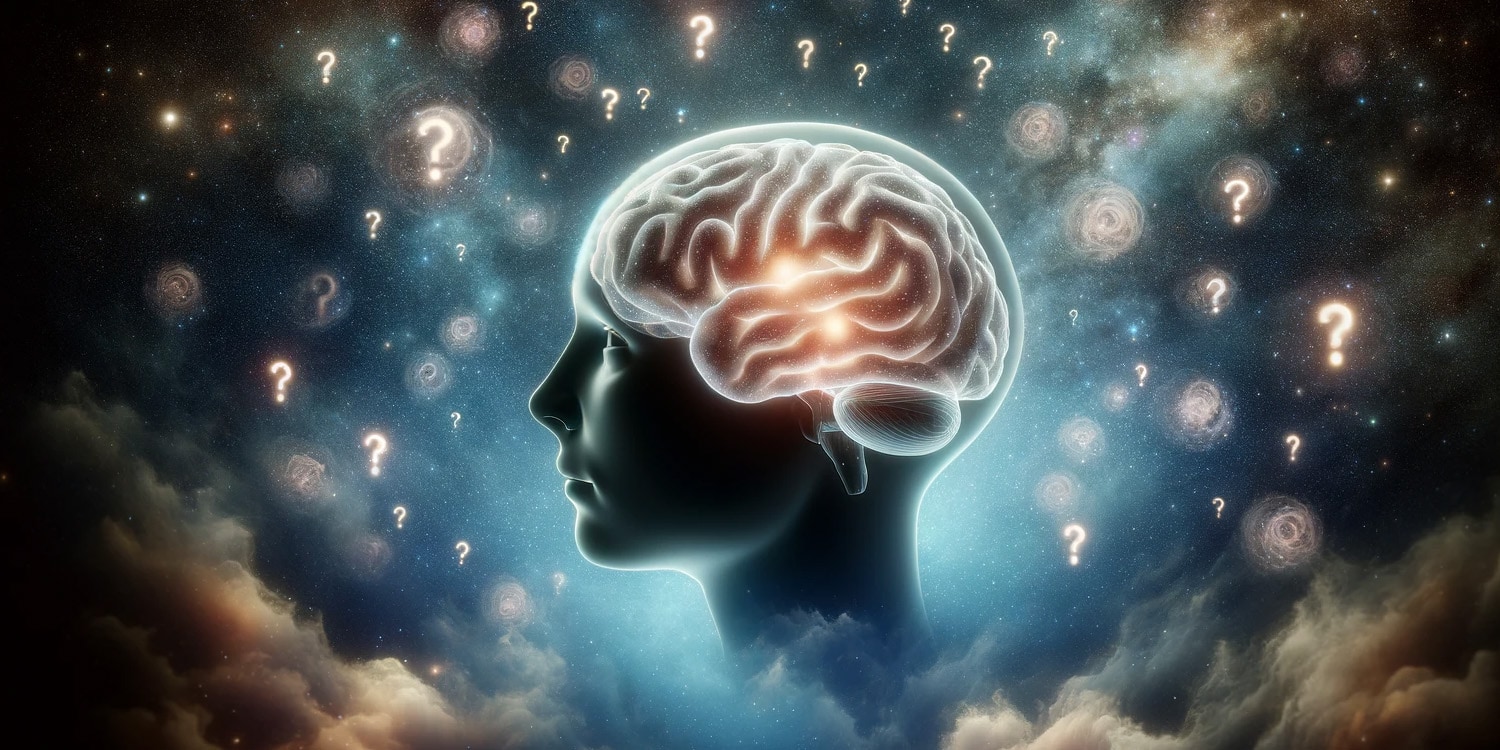Mind blanking, the experience of having “no thoughts” or a lack of awareness, is often seen as a common yet puzzling phenomenon. A new article in Trends in Cognitive Sciences explores this mental state in depth, revealing that these moments of mental “blankness” are more complex than previously thought.
According to the article, mind blanking corresponds with a variety of physiological, neural, and cognitive changes in the brain and body. While mind blanking may seem like a fleeting or simple experience, the research shows that it’s actually a unique and multifaceted state of mind that scientists are only beginning to understand.
Defining Mind Blanking and Its Impact on Brain and Body Functions
Mind blanking is characterized by an absence of thoughts or mental content. Our minds generally move from one mental state to another, with most states having specific contents or topics. However, during mind blanking, the brain seems to reach a state where no content is present at all.
Despite being a familiar experience for many people, mind blanking is surprisingly difficult to define or study. Some researchers have even compared it to a form of drowsiness. To better understand this phenomenon, the authors of the article reviewed over 80 research studies and analyzed how mind blanking affects the brain and body.

The article reveals that mind blanking occurs at a frequency of around 5 to 20 percent of the time during sustained attention tasks or after periods of sleep deprivation and physical activity. When it happens, mind blanking is associated with noticeable changes in the body and brain.
These include changes in heart rate, pupil size, and brain activity, along with a decline in the speed and complexity of brain waves, which resemble those seen in sleep. The brain’s activity during mind blanking varies depending on the situation, with different neural patterns emerging during tasks that require attention versus moments of rest.
Cognitive Consequences of Mind Blanking: Slips in Attention, Memory, and Inner Speech
In addition to its physiological effects, mind blanking has various cognitive consequences. People experiencing mind blanking often report slips in attention, memory lapses, and disruptions in their inner speech. These cognitive changes highlight that mind blanking isn’t simply a passive absence of thought; it also has an impact on how we function mentally.
The researchers point out that mind blanking during sustained attention tasks or periods of exertion is often linked to these cognitive slips, suggesting that mental fatigue might play a role in triggering these blank states.
While mind blanking and mind wandering share similarities, they are distinct experiences. Mind wandering occurs when the mind shifts focus from external tasks to internal thoughts or daydreams. In contrast, mind blanking represents a state where the mind seems to have no direction at all, instead of simply shifting focus.
The article suggests that mind blanking tends to leave people feeling slower, sleepier, and more prone to mistakes, compared to mind wandering. Furthermore, mind blanking is not a uniform experience but one that varies significantly based on individual physiological and neural states. The researchers argue that investigating mind blanking is crucial for gaining deeper insight into the complexities of human cognition and the diverse ways people experience mental states.


